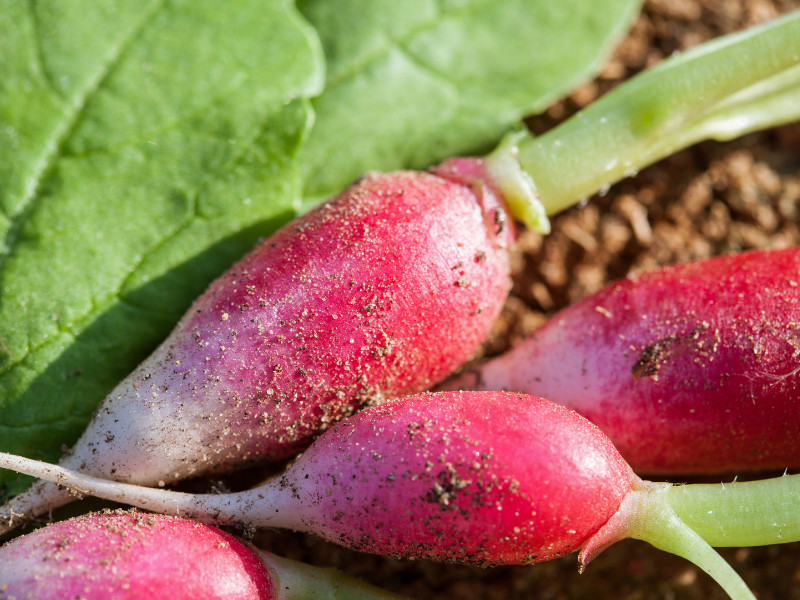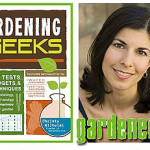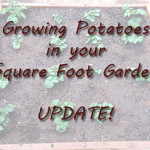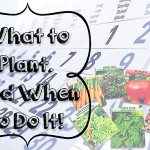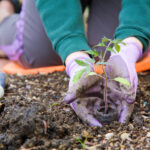Gardening can be a wonderful and fulfilling hobby, but it can also be a bit overwhelming, especially for new gardeners. Many first-time gardeners make mistakes that can impact the health and productivity of their plants. In this blog post, we’ll explore ten common mistakes that new gardeners make and offer some tips for avoiding them.
Not Doing Enough Research

One of the biggest mistakes new gardeners make is not doing enough research before they start planting. It’s important to understand the specific needs of the plants you’re interested in growing, including the amount of sunlight, water, and nutrients they require. Take the time to read about different types of plants and their care requirements before you start planting.
Modern Victory Garden – What to Plant
How to Grow Onions in Your Backyard
How to Grow Cucumbers in Your Backyard
How to Grow Strawberries in Your Backyard
Overwatering
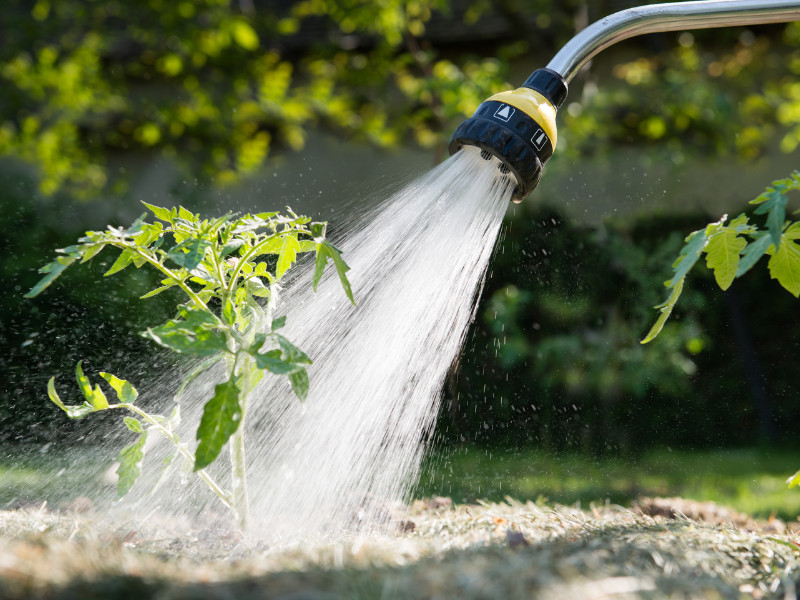
Overwatering is a common mistake new gardeners make, and it can lead to root rot and other issues. Most plants only need to be watered when the top inch of soil feels dry to the touch. It’s important to avoid watering on a schedule and instead pay attention to the soil moisture levels.
How to Garden During a Drought
9 Ways to Conserve Water in Your Vegetable Garden
Planting at the Wrong Time

Timing is everything in gardening. Planting at the wrong time can result in poor growth and low yields. Before you start planting, research the best time to plant each type of plant in your area.
What to Plant in May
What to Plant in June
What to Plant in July
What to Plant in August
Neglecting Soil Quality
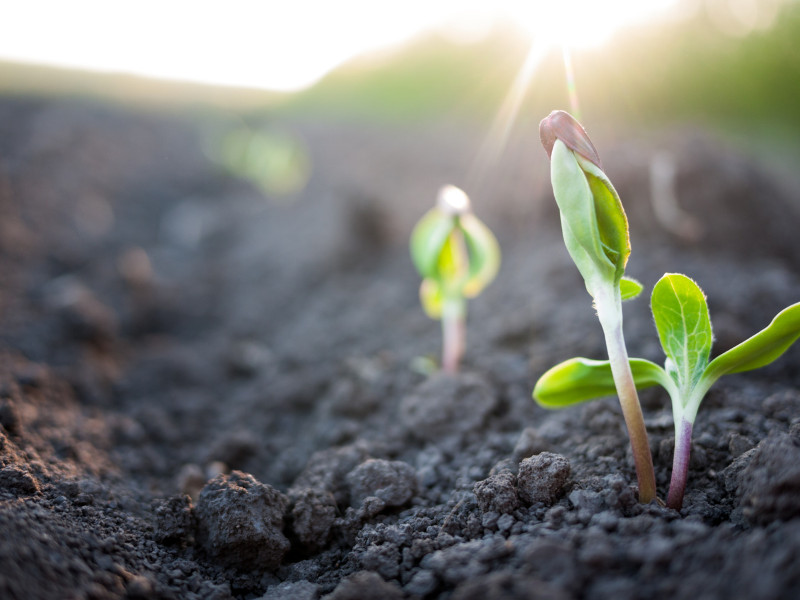
The health of your plants is directly related to the quality of your soil. Neglecting your soil can result in poor growth and weak plants. Take the time to amend your soil with compost or other organic matter to provide the nutrients your plants need to thrive.
The Best DIY Soil Mix Recipe
How to Improve Soil Without a Compost Pile
Wood Ash as a Good Soil Amendment
Using Biochar as a Soil Amendment
Not Providing Enough Light
Most plants need plenty of sunlight to grow and thrive. If you’re growing plants indoors, make sure they’re placed in a spot that receives plenty of natural light. If you’re growing plants outdoors, make sure they’re planted in a spot that receives enough sunlight for their specific needs.
Understanding Your Yard’s Sunlight
Failing to Prune
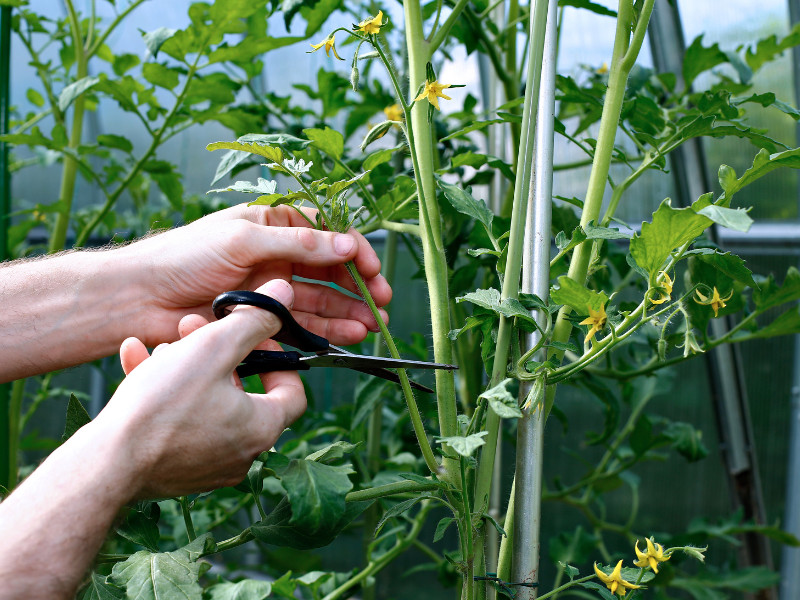
Pruning is an essential part of gardening, but it’s often overlooked by new gardeners. Pruning helps plants grow stronger and healthier by removing dead or damaged branches. Make sure to research the proper pruning techniques for each type of plant you’re growing.
Using Too Much Fertilizer
Using too much fertilizer can burn your plants and lead to poor growth. It’s important to follow the instructions on the fertilizer package and avoid over-fertilizing your plants.
How to Use Rabbit Poop Fertilizer for a Better Garden
Not Controlling Pests
Pests can quickly take over your garden if you’re not careful. It’s important to identify and control pests as soon as possible to prevent damage to your plants. Research natural pest control methods and try to avoid using chemical pesticides whenever possible.
Naturally Controlling Aphids
Getting Rid of Tomato Hornworms
Good Bugs for Vegetable Gardens
Flowers to Plant in Vegetable Gardens
Planting Too Close Together
Planting your plants too close together can result in overcrowding and poor growth. Make sure to follow the spacing recommendations for each type of plant you’re growing.
However, methods like Square Foot gardening can make the best use of smalling gardening space.
Which Gardening Method is Best?
Giving Up Too Soon
Gardening can be a challenging and sometimes frustrating hobby, especially for first time gardeners. It’s important to remember that gardening takes time and patience. Don’t give up if your plants don’t grow as expected right away. Keep learning and experimenting, and you’ll soon be rewarded with a beautiful and productive garden.
Gardening is a rewarding and fulfilling hobby, but it can be a bit overwhelming for new gardeners. By avoiding these ten common mistakes and taking the time to learn about the specific needs of your plants, you can ensure a successful and productive garden. Happy gardening!
More Gardening Articles
Survival Garden: Why You Need One
How to Grow Grapes in Your Backyard
Growing Citrus in Pots
